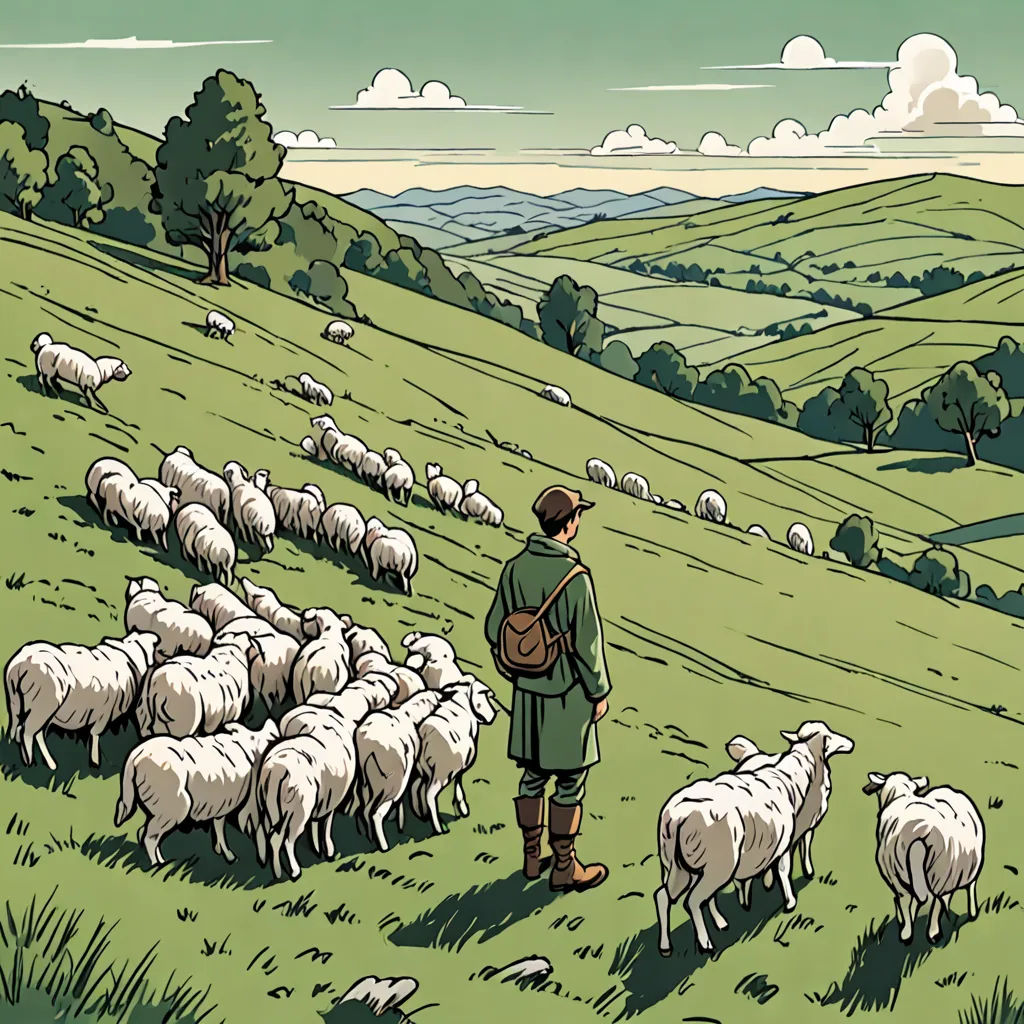
The Shepherd Boy Who Cried Wolf
By shabana17sk

21 Apr, 2024
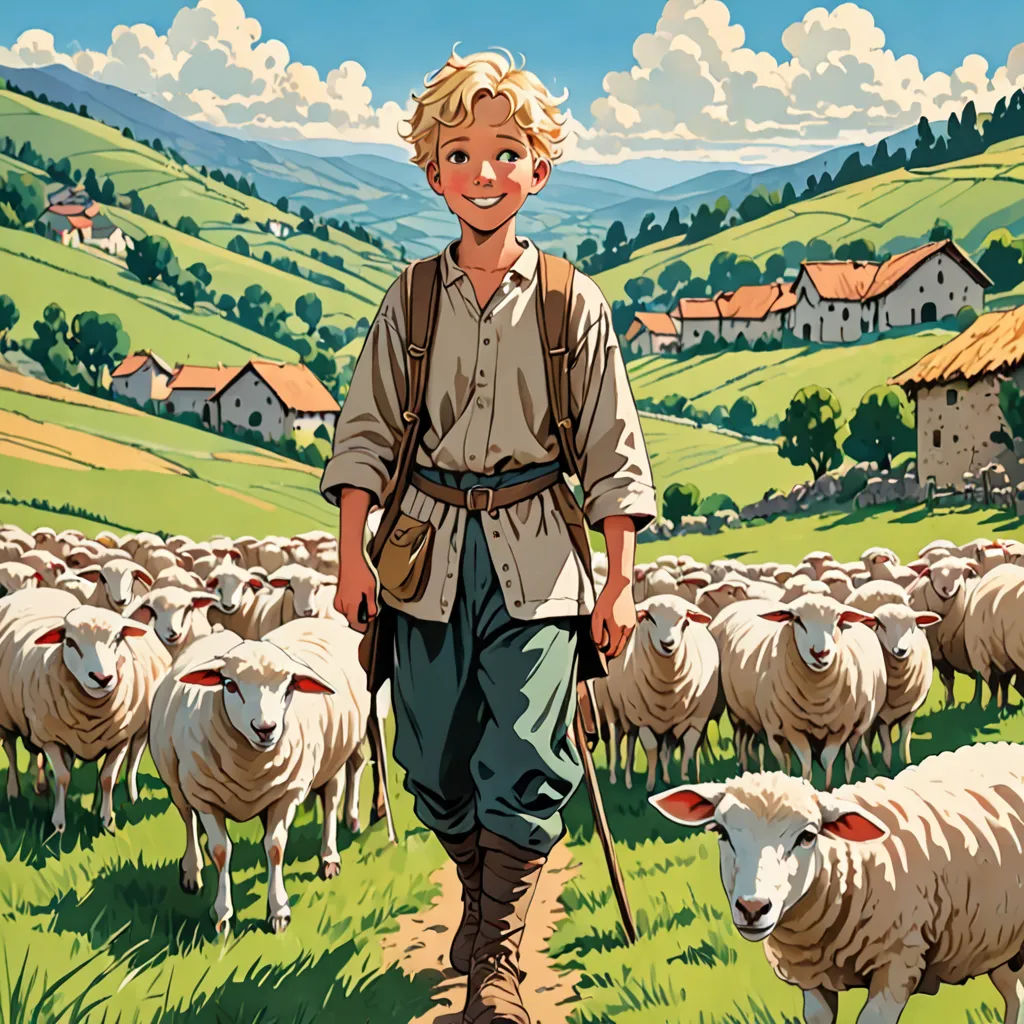
Once upon a time, in a peaceful village, there lived a young shepherd boy. His daily task was to watch over the village's flock of sheep as they grazed on the lush green pastures.
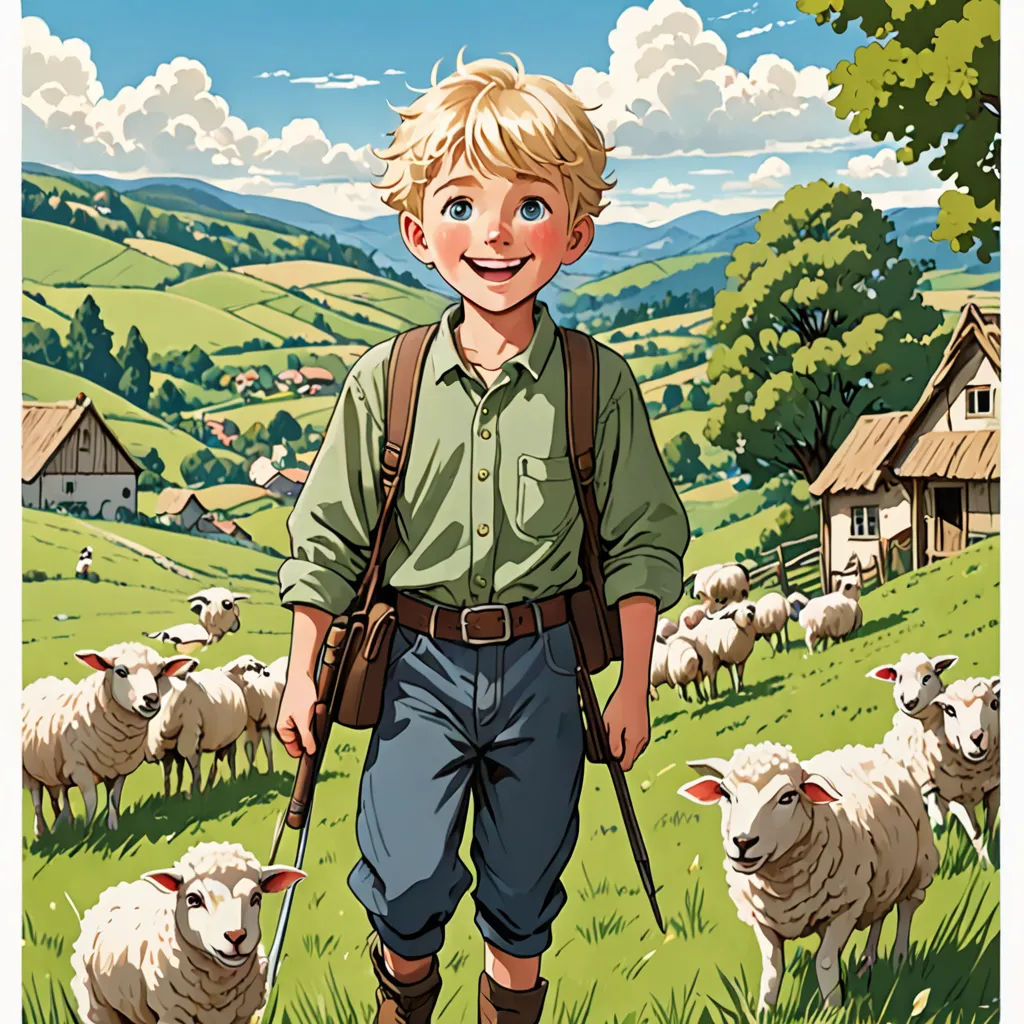
One sunny afternoon, feeling mischievous, the shepherd boy decided to play a prank. He cried out at the top of his lungs, 'Wolf! Wolf! A wolf is attacking the sheep!'

Hearing his frantic cries, the villagers dropped their work and rushed to the pasture. But when they arrived, they found no wolf. Instead, they saw the shepherd boy laughing.
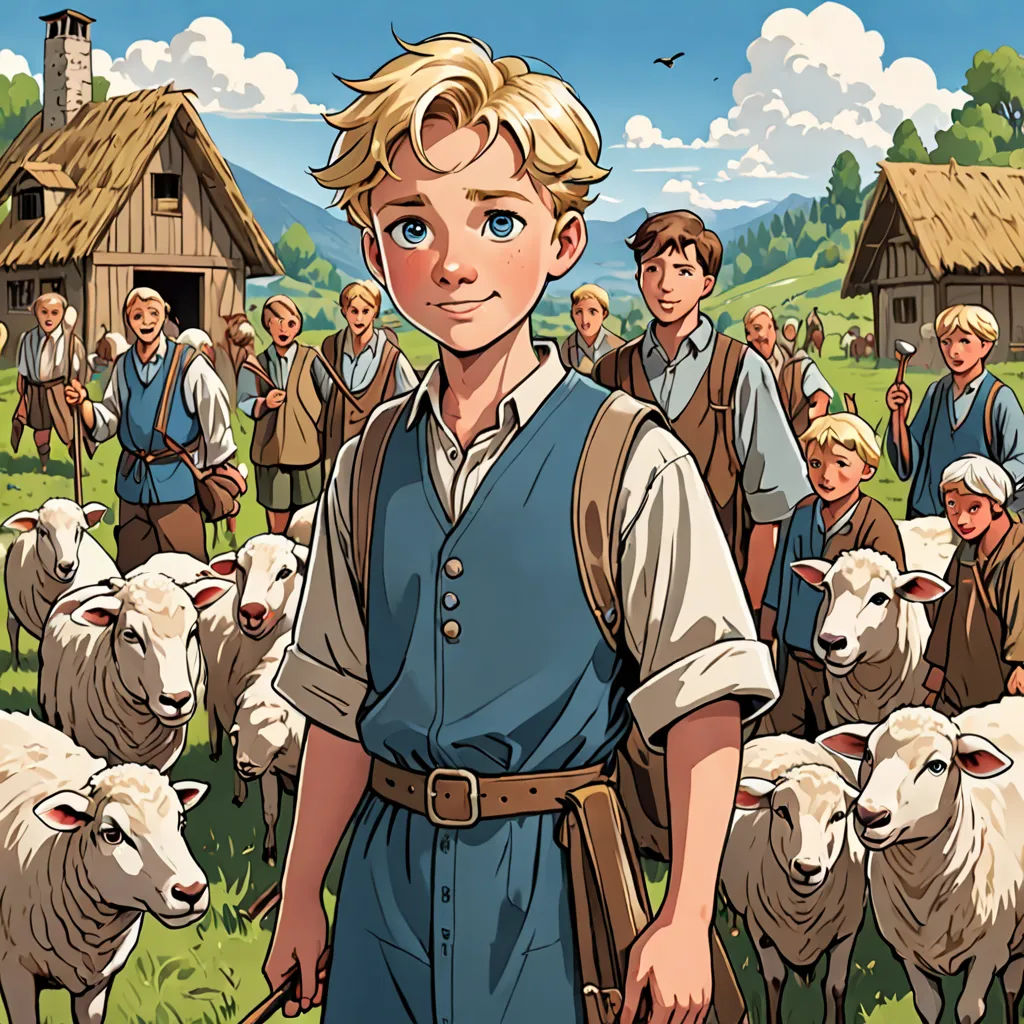
'Where is the wolf, you little trickster?' the villagers scolded. With mirth in his eyes, the boy replied, 'There is no wolf! I was just having some fun.'

Days passed, and the boy continued his duty. One evening, as the sun dipped below the horizon, a real wolf slunk out from the forest, its eyes gleaming with hunger.
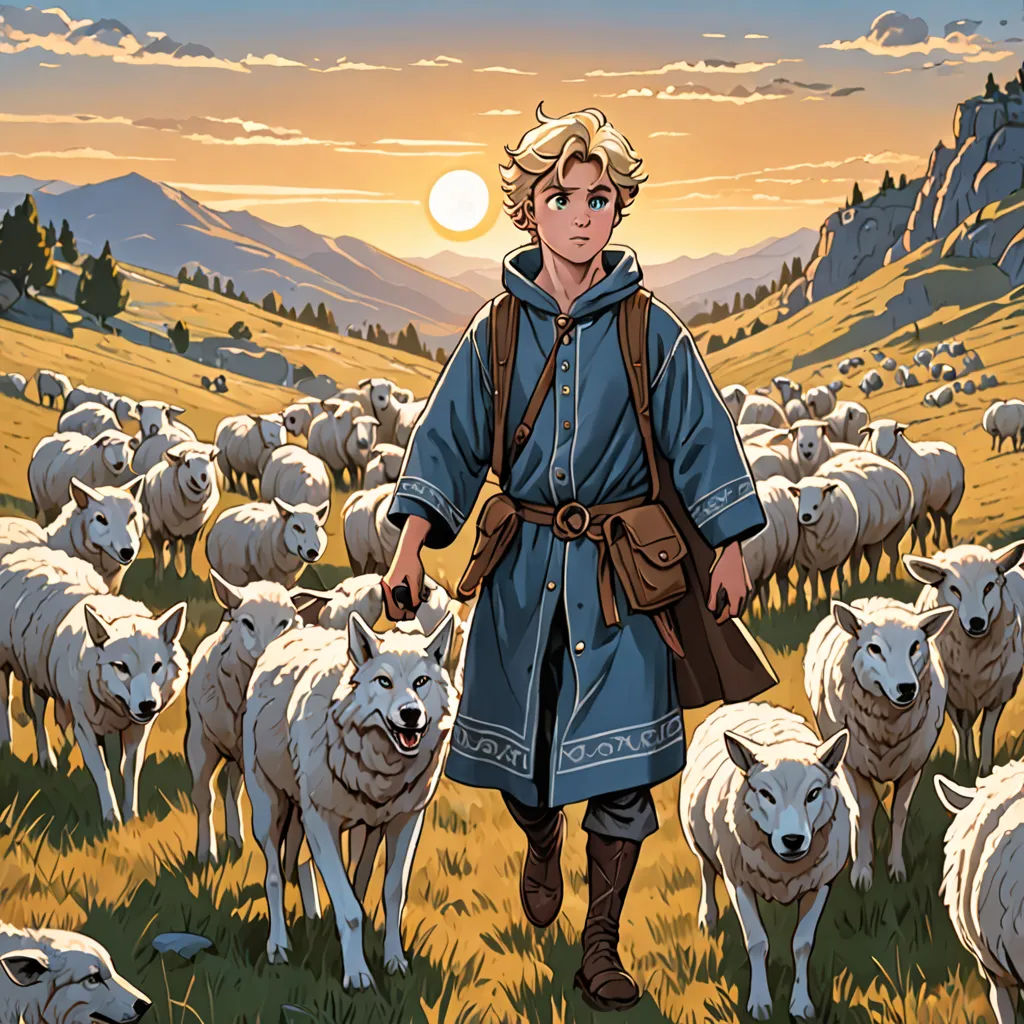
The shepherd boy's heart pounded in fear as he watched the wolf approach the flock. Remembering the lessons he had learned, he screamed, 'Wolf! Wolf! Help! A wolf is here!'
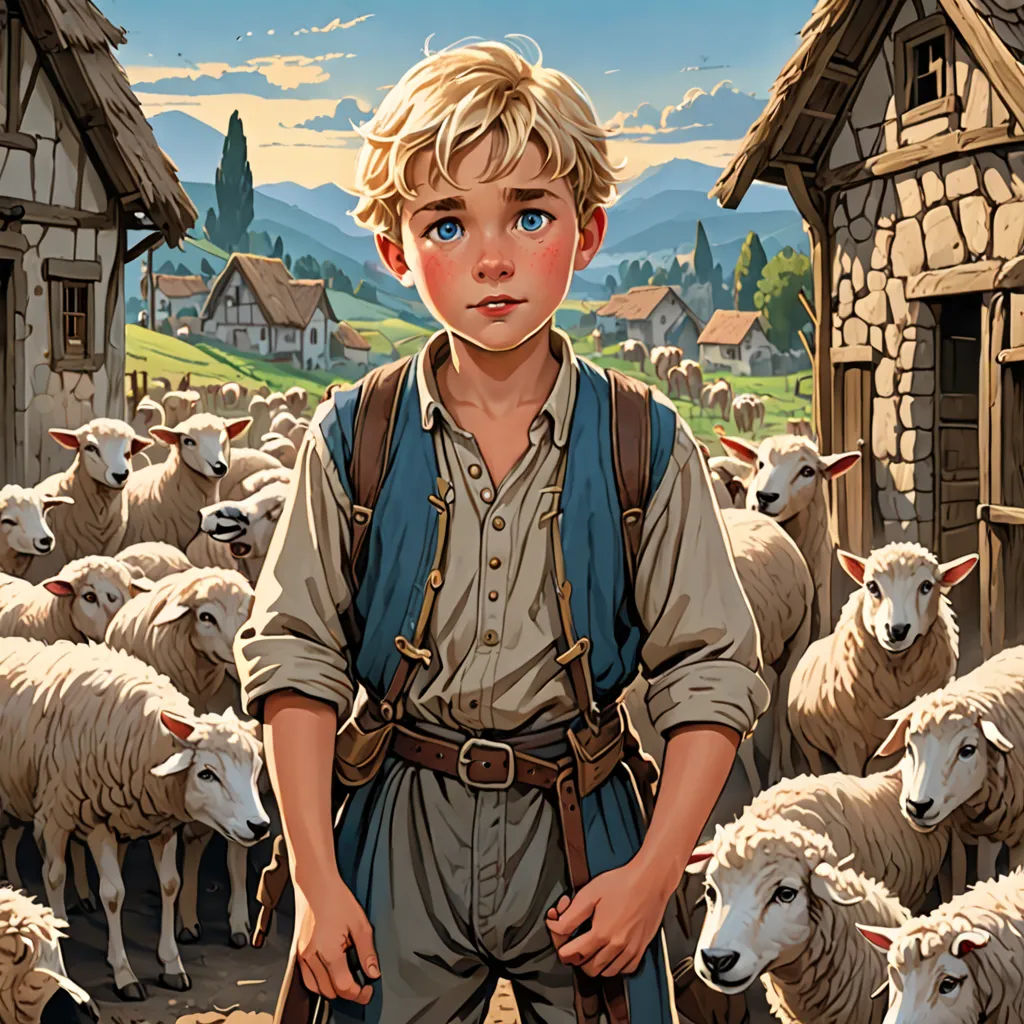
But this time, no one came. The villagers, remembering the boy's earlier prank, ignored his cries. Helplessly, the shepherd boy could only watch as the wolf attacked the sheep.
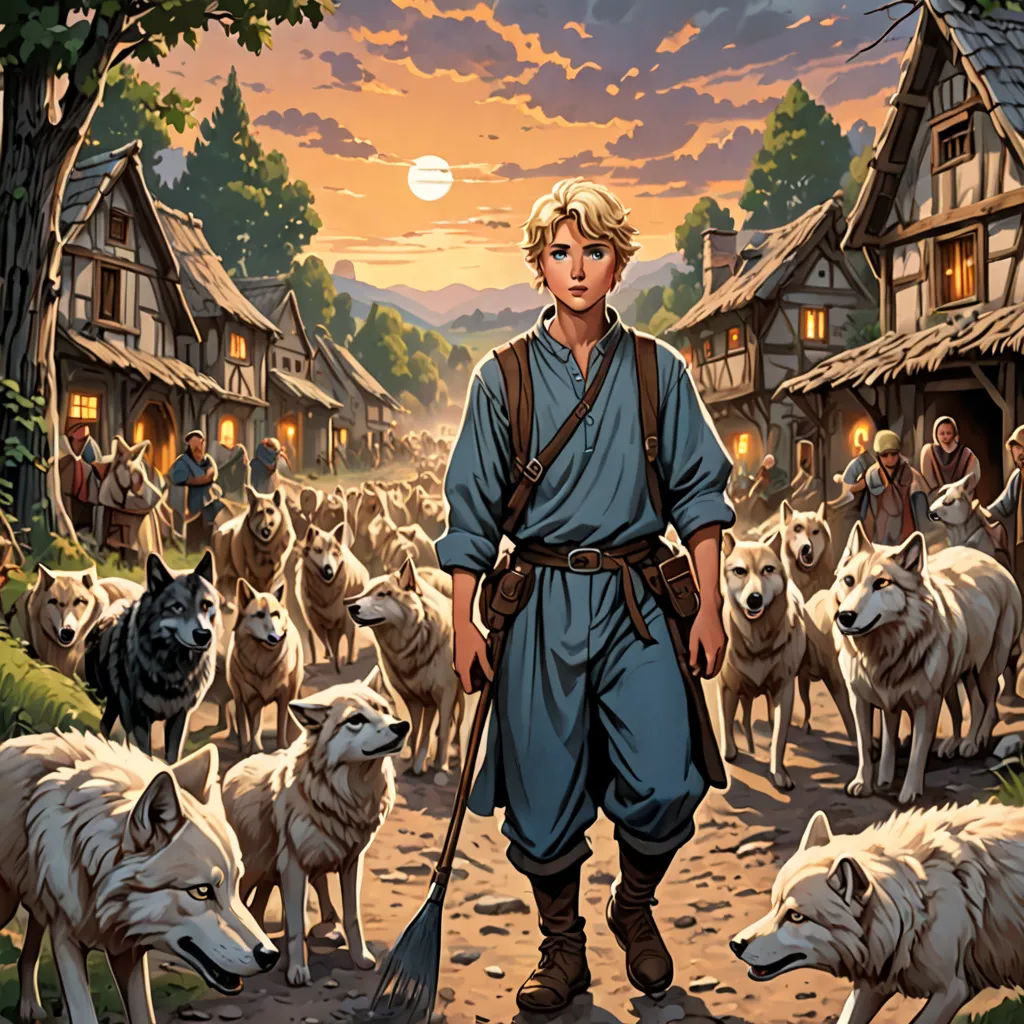
When the villagers finally arrived, drawn by the sounds of bleating and chaos, they found the shepherd boy trembling and the flock in disarray. The wolf had disappeared back into the forest.
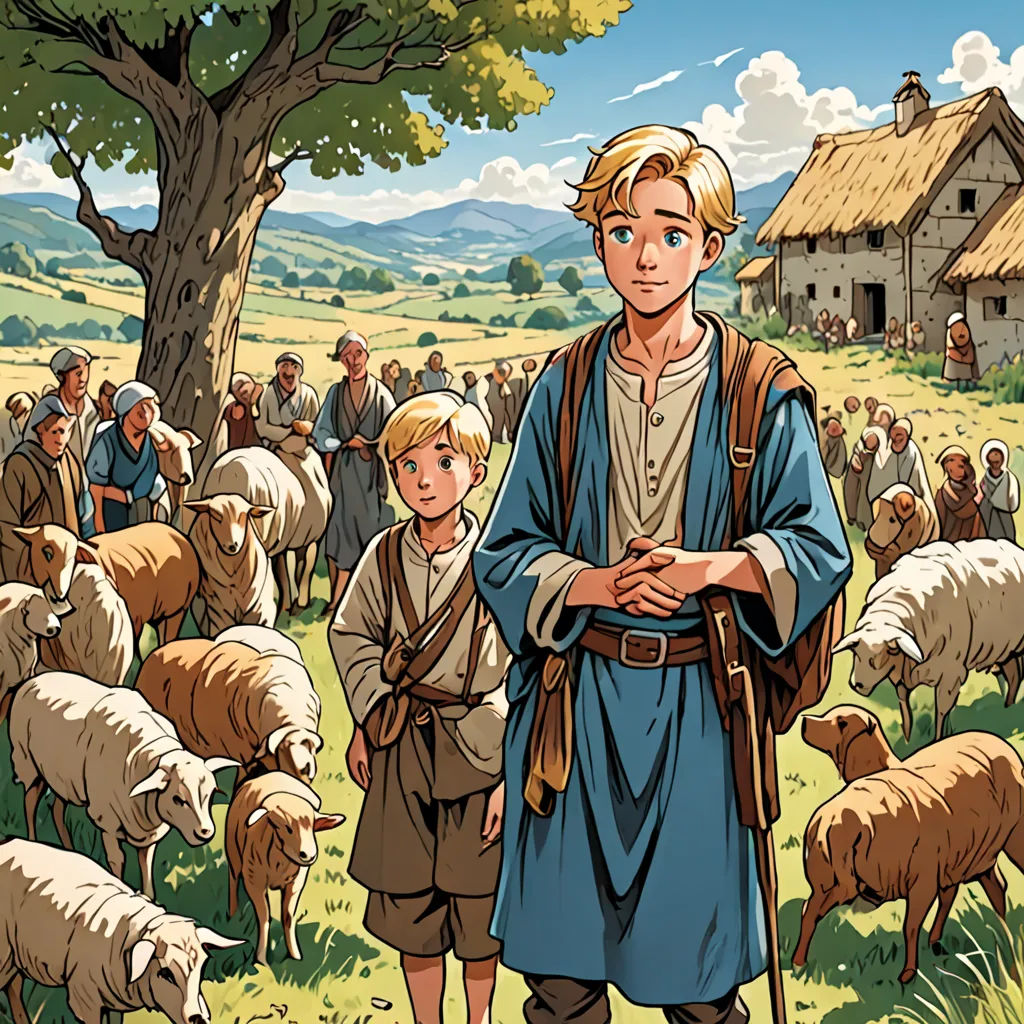
The villagers scolded the boy for his foolishness. 'Your lies have cost us dearly,' they said. The boy hung his head in shame, realizing his mistake.
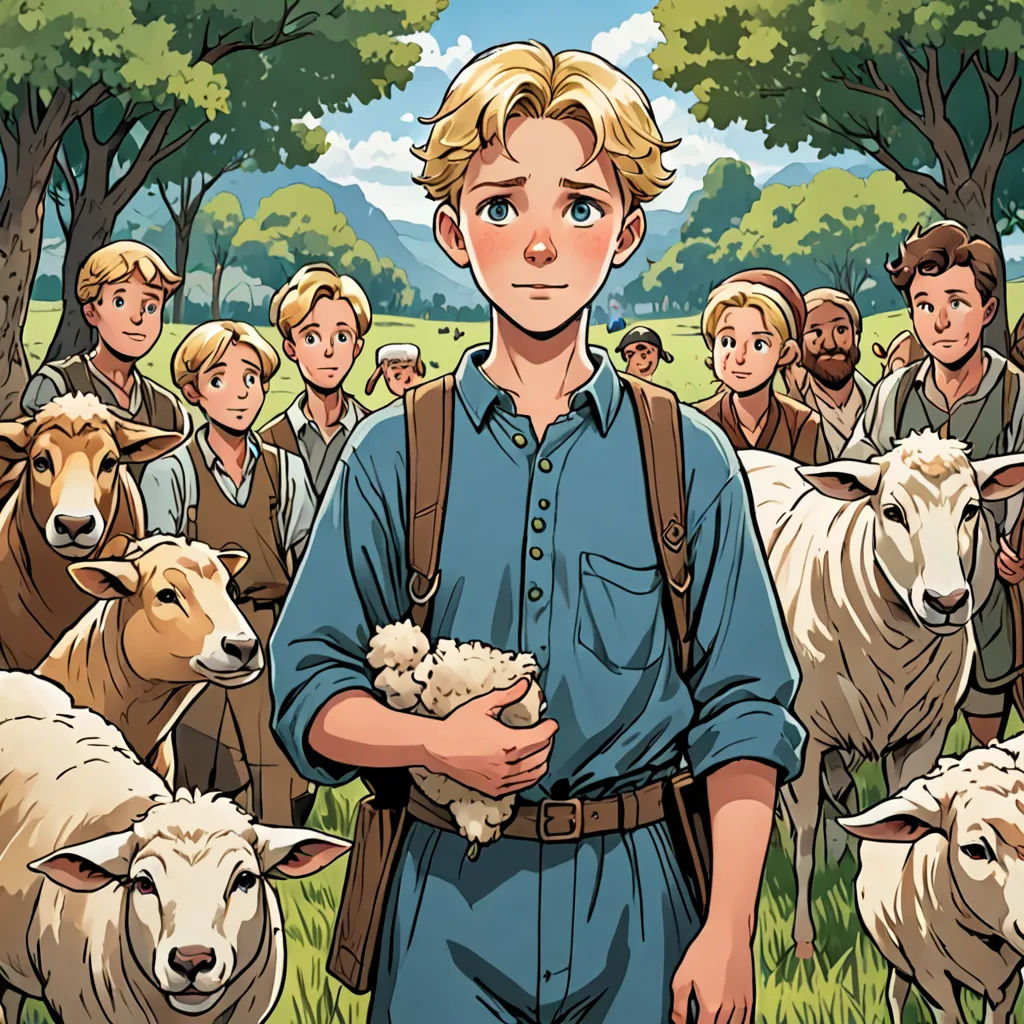
The shepherd boy learned a valuable lesson that day. He realized that honesty and trust were far more important than the temporary thrill of a prank.
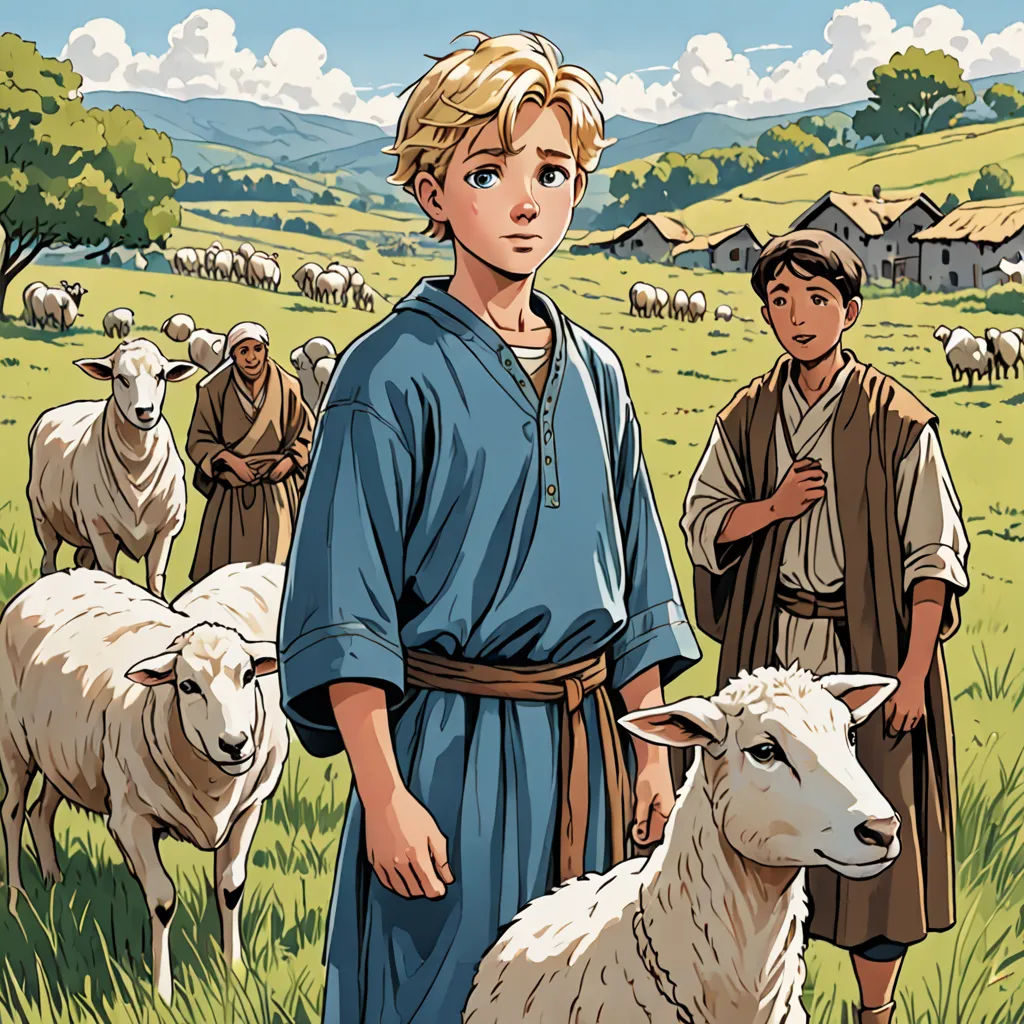
He promised to himself and the villagers that he would never lie again. The villagers, although upset, hoped that the boy had indeed learned his lesson.
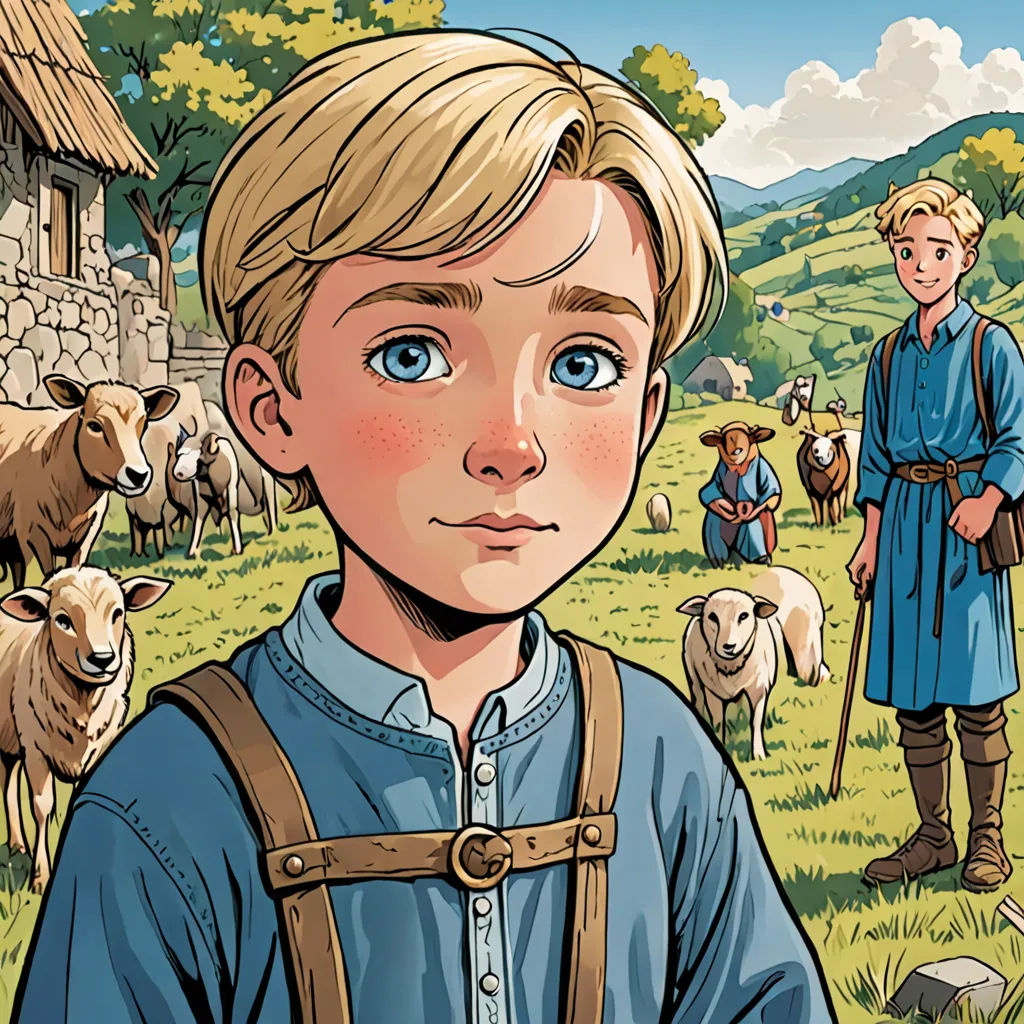
And so, the moral of the story is clear: 'If you continually deceive, even when telling the truth, no one will believe you when you need them most.'